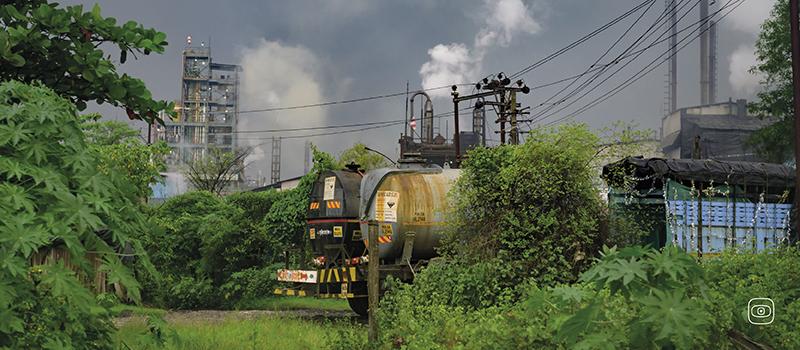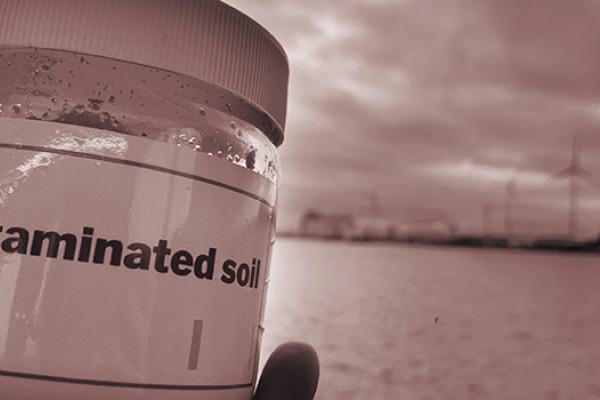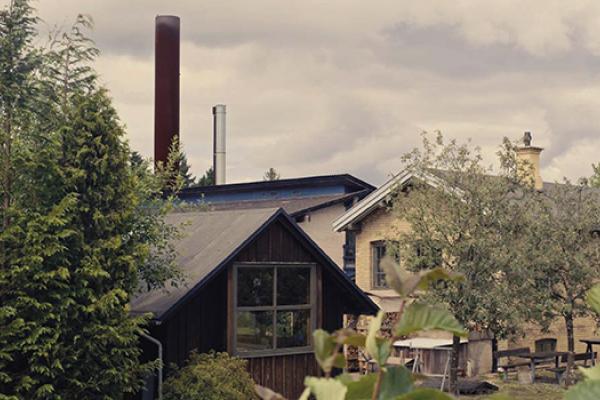Miteni, an Italian chemical company that produced PFAS and other fluorinated chemicals, was forced to shut down after contaminating the soil and water in an area inhabited by 350,000 people. Residents have alarmingly high levels of PFAS, also known as 'forever chemicals', in their blood. These chemicals have been linked to infertility, cardiac diseases and cancer. However, following its closure, an Indian company purchased the plant, dismantled it and rebuilt it in the chemical hub of Lote Parshuram, south of Mumbai. The plant started operating in 2025, producing and selling the same PFAS to old and new clients around the world.
In June 2025, former Miteni executives were sentenced to a total of 141 years in prison for causing an environmental disaster. However, the plant that fuelled the crisis has resumed production.
Attention on PFAS is rising in Europe and North America. However, the dangers of these 'forever chemicals' are still understudied and underreported in the Global South. India, for example, still lacks environmental regulations and monitoring of PFAS emissions. Local communities are already struggling with an unsafe environment, and the production of PFAS is starting in the country for the first time.
At a time when the chemical sector should be held accountable for the damage caused by PFAS and the enormous cost of removing these substances from the environment, a concerning trend has emerged: production is moving away from regulation and oversight, and contamination is continuing.
Background
Miteni S.p.A, a chemical producer active since 1965 in Trissino (Vicenza, Italy), declared bankruptcy in 2018. The company had been at the centre of an environmental scandal after leaking PFAS, into groundwater, affecting an area housing 350 thousand people.
Miteni specialised in producing PFAS compounds, such as PFOA, GenX and C6O4, which are widely used in textiles, agrochemicals and pharmaceuticals. However, by 2013, Italian authorities had identified the Trissino facility as the main source of new PFAS contamination in the Veneto region. The company faced mounting legal challenges and severe financial difficulties, which culminated in its bankruptcy filing in October 2018 and formal insolvency declaration in November of the same year. The ensuing legal proceedings were lengthy, but in June 2025, an Italian court handed down a landmark ruling, sentencing former Miteni and parent company managers and executives to a total of 141 years in prison. This was a historic ruling as it established criminal liability for large-scale PFAS contamination and the poisoning of water resources for the first time in Europe.
In June 2019, Indian chemical company Laxmi Organic Industries acquired Miteni’s assets, including its plant, machinery, technical documentation, REACH registrations and associated patents, marking its strategic entry into the fluorochemicals sector.
Image: Tankers in the Mahad chemical district in Maharashtra, India. According to activists and researchers, chemical districts such as Mahad and Lote depend on communal water treatment plants which often lack the necessary treatment capacity. September 2024. Photo by Filippo Tommasoli.








